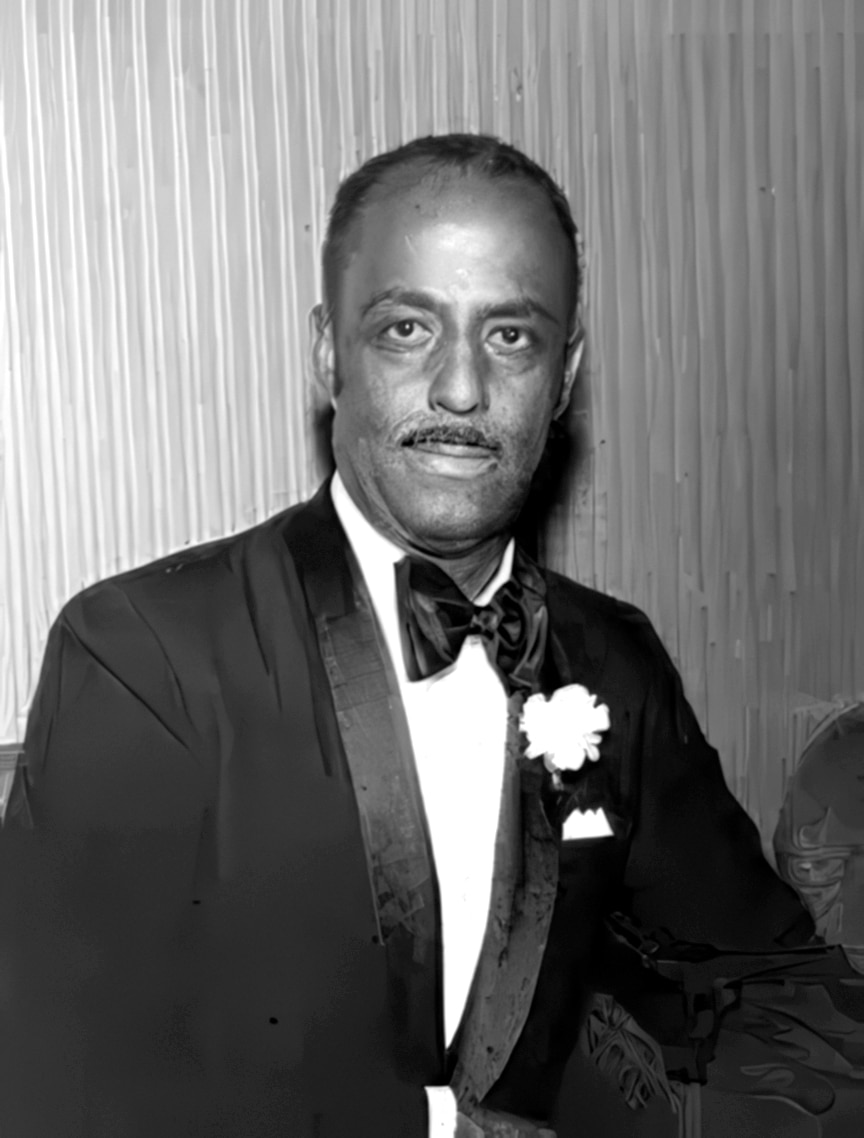RESOURCES
PEOPLE
John Graham Lancaster
1918-2008
Born on January 31, 1918, in Farmville, Virginia, John Lancaster grew up in the heart of Prince Edward County. Deeply rooted in both faith and service, he served as choir director at First Baptist Church, a position reflecting his lifelong commitment to his community and spiritual life.
Lancaster graduated from Hampton Institute (now Hampton University) with a degree in agriculture. In 1940, he returned to Farmville to succeed his father as the Negro county extension agent, a key role in the segregated South. He was responsible for promoting sound agricultural practices and helping Black farmers achieve economic self-sufficiency and land ownership. His leadership extended beyond agriculture-he served as president of the Moton High School PTA during the 1944-1945 school year, a pivotal time when the PTA renewed urgent requests to the Prince Edward County School Board for equal school facilities for Black students.
His advocacy for educational equity and his community leadership eventually came at a cost. In 1955, his position as county extension agent was eliminated -widely believed to be retaliation for his support of equal education following the landmark Brown v. Board of Education decision.
He soon left Prince Edward County, and moved to St. Mary’s County, Maryland, where he reestablished his career as a 4-H agent and later as a program specialist at the University of Maryland, College Park. He received national recognition for his work, serving as president of the National Association of 4-H Agents in 1972 and influencing rural youth development and education at a state and national level.
Lancaster’s commitment to service continued into political life. In 1986, he was elected County Commissioner of St. Mary’s County, becoming the first African American to hold the office. He served two terms, leaving a legacy of inclusion, civic engagement, and quiet courage. In 2001, a 47-acre park was named in his honor.
John Graham Lancaster died on July 1, 2008, at the age of 90, remembered as a visionary leader, faithful churchman, and tireless advocate for equality in education, agriculture, and public life.
